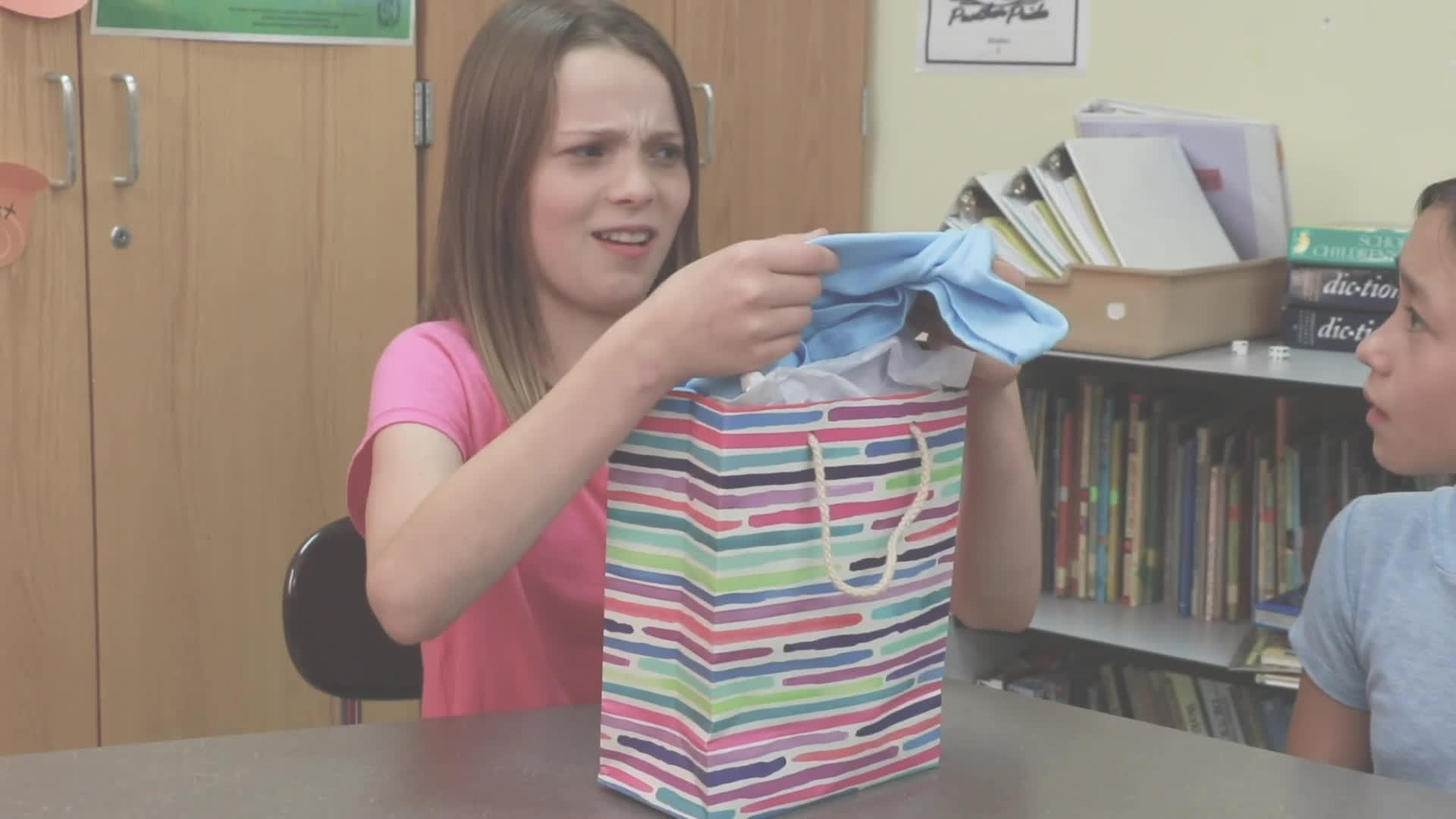Introduction
As educators, it’s essential to teach our PreK students the importance of filtering their thoughts to avoid hurting others’ feelings. In this blog post, we will explore a no-prep activity that helps students understand the concept of “think it or say it,” helping them develop the ability to distinguish between thoughts they should keep to themselves and those they can share out loud. We will also provide discussion questions, mention related skills, and offer next steps for you to deepen your students’ understanding of this crucial social-emotional skill.
No-Prep Activity: The Thought Filter Game
In this simple yet engaging no-prep activity, you will guide your students through a game that teaches them to filter their thoughts and decide whether they should think it or say it. Here’s how to play:
- Have students sit in a circle.
- Explain the concept of “think it or say it” by giving examples of thoughts that should be kept inside and those that can be shared out loud.
- Start the game by whispering a sentence to the student on your left. The sentence should be something that can either be thought or said out loud.
- Ask the student to decide whether they should “think it” or “say it.” If they choose “say it,” they should repeat the sentence out loud. If they choose “think it,” they should keep the sentence to themselves and pass the turn to the next student.
- Continue the game around the circle, with each student receiving a whispered sentence and deciding whether to think it or say it.
- After the game, discuss the importance of filtering thoughts and the potential consequences of sharing hurtful thoughts out loud.
Discussion Questions
Use the following questions to stimulate further discussion and reflection on the concept of filtering thoughts:
- Why is it important to filter our thoughts and decide whether to think it or say it?
- How can saying hurtful thoughts out loud affect our relationships with others?
- What are some strategies for keeping hurtful thoughts to ourselves?
- How can we practice being kind and considerate when sharing our thoughts with others?
- Can you think of a time when you filtered your thoughts and it had a positive impact on a situation or relationship?
Related Skills
Developing the ability to filter thoughts is just one aspect of social-emotional learning. Here are some other related skills that can further enhance your students’ understanding and practice of this concept:
- Empathy: Understanding others’ feelings and perspectives.
- Active Listening: Paying close attention to what others are saying and responding thoughtfully.
- Assertiveness: Expressing thoughts and feelings in a respectful and confident manner.
- Conflict Resolution: Addressing disagreements in a constructive and peaceful way.
- Gratitude: Recognizing and appreciating the positive aspects of life and the kindness of others.
Next Steps
Now that you have learned about the importance of teaching your PreK students to filter their thoughts and decide whether to think it or say it, we encourage you to explore more resources and activities that can help them develop this essential skill. We invite you to sign up for free samples of our skill-based materials and other resources that can further support your students’ social-emotional learning journey.






